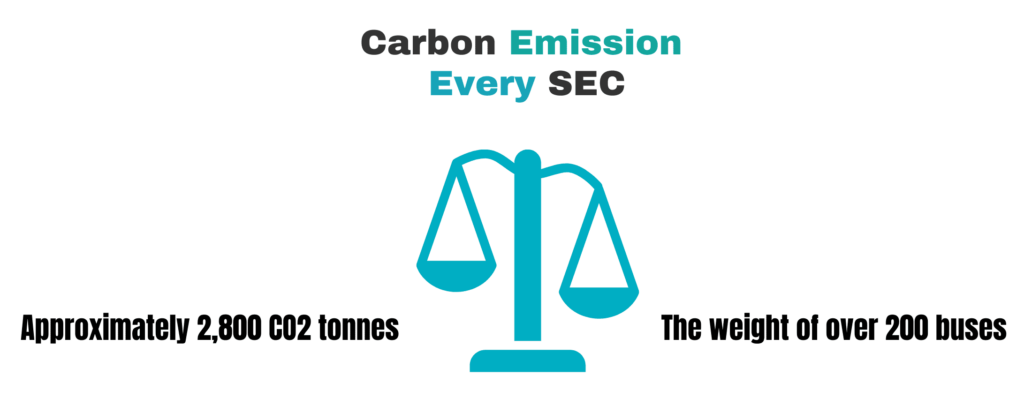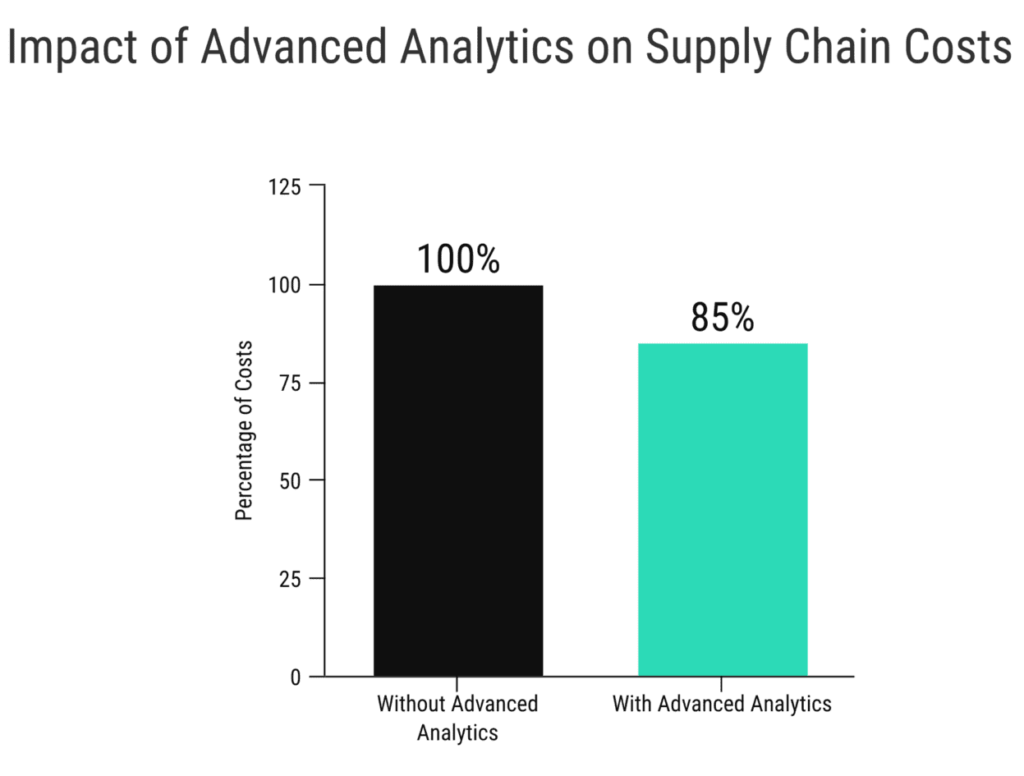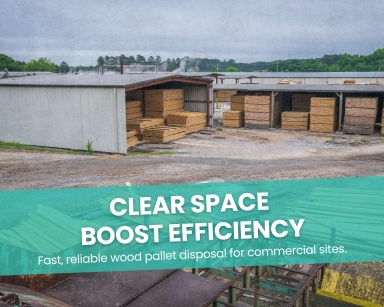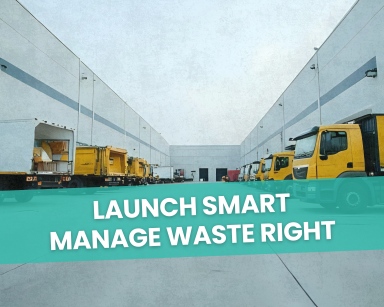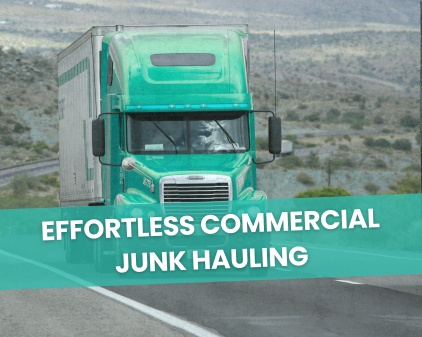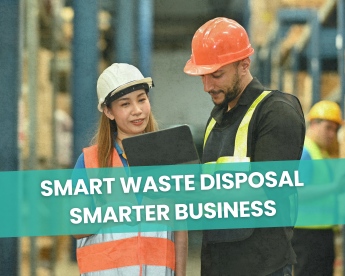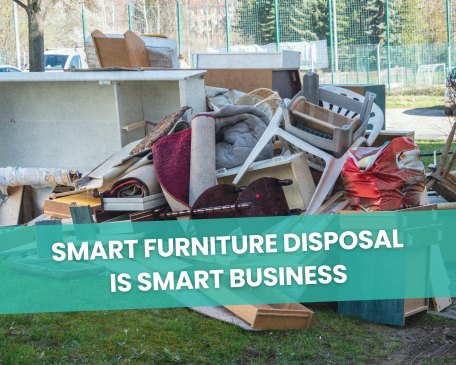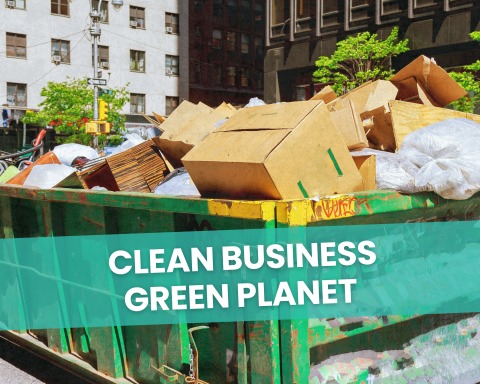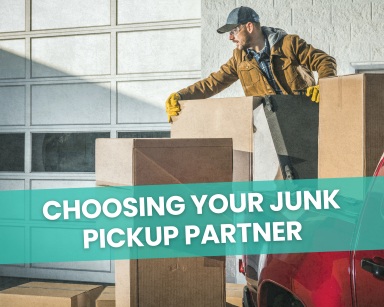What is Sustainable Logistics and Supply Chain Management? A Deep Dive
Every second, the world’s supply chains emit approximately 2,800 CO2 tonnes, the weight of over 200 buses. Let that sink in. This staggering statistic is an undeniable reminder of the urgent need for sustainable supply chain practices. As we cruise through 2023, the concept of a sustainable supply chain is not just a trend, it’s a necessity that’s reshaping global commerce.
This article isn’t just about highlighting the problems, it’s a journey towards understanding and implementing solutions.
We’ll explore the intricate layers of sustainable logistics and supply chain management, uncovering the challenges, the innovations, and the real-world strategies that are making a difference.
So, if you’re looking for ways to transform your supply chain into a force for good, you’re in the right place. Let’s dive into a world where every link in the supply chain becomes a step towards a greener future.
Table of Contents
The Current State of Global Supply Chains
Think about the last item you purchased. Did you know that its journey to reach you might have left a significant environmental footprint?
Traditional supply chains are like backstage workers in a play, often unseen but crucial. They can have a hefty impact on our planet, from carbon emissions to labor issues.
It’s a bit startling to realize that, as per a World Economic Forum report, supply chains contribute to over 80% of global greenhouse gas emissions. This fact alone is a wake-up call for a shift towards more sustainable practices.
Challenges in Achieving Sustainable Supply Chain
But here’s the catch: shifting gears towards sustainability isn’t a walk in the park. It’s a complex dance of balancing cost and eco-friendliness. Plus, the lack of transparency in traditional supply chains makes it even harder to track and improve sustainable practices.
It’s like trying to solve a puzzle without seeing the whole picture. And let’s not forget the intricate web of global supply networks, each with its own set of rules and stakeholders, adding to the complexity.
The Evolution Towards Sustainable Supply Chain Practices
Now, let’s talk about the bright side. The supply chain world is witnessing some exciting innovations. Technologies like AI, blockchain, and IoT are stepping in, making supply chains more transparent and efficient.
Imagine using blockchain to track a product’s journey from its origin to your hands, ensuring it’s ethically sourced. And AI?
It’s like having a smart assistant predicting exactly how much inventory is needed, reducing waste significantly.
The Role of Data and Analytics in Sustainable Logistics
Data and analytics are the new superheroes in this story. They’re transforming how companies view and manage their supply chains.
With big data, businesses can peek into every nook and cranny of their operations, identifying where they can be more sustainable.
Think about it: a McKinsey study showed that using advanced analytics could cut supply chain costs by up to 15%. That’s huge!
Happen Ventures – Pioneering Sustainable Supply Chain Solutions
Enter Happen Ventures, a company that’s making waves in sustainable supply chains. They’ve got a laser focus on reducing waste, especially the unsellable inventory that often gets overlooked.
Their strategy? Mastering the art of reverse logistics. By finding new homes for items that would otherwise be waste, they’re turning a potential environmental problem into a win-win for both the planet and businesses.
Implementing Sustainable Supply Chain Practices in Your Business
“Going green is just a fad”. This statement couldn’t be further from the truth in today’s business landscape. Implementing sustainable practices in your business is not just about following a trend, it’s about survival, relevance, and profitability in an increasingly eco-conscious market.
But how do you weave sustainability into the very fabric of your operations? It’s a complex tapestry, but let’s unravel some of the known practices and see how ventures like Happen Ventures fit into this grand design.
Embracing Circular Economy Models
The first step is to shift from a linear ‘take-make-dispose’ model to a circular economy. This approach focuses on reusing, recycling, and regenerating products and materials. It’s about creating a closed-loop system where waste is minimized, and resources are utilized efficiently.
Happen Ventures, for instance, exemplifies this by redirecting unsellable inventory away from landfills and into new, productive uses. It’s a practical demonstration of how circular economy principles can be applied in real-world supply chain scenarios.
Investing in Eco-friendly Technologies
Another key practice is the adoption of green technologies. From energy-efficient logistics solutions to AI-driven waste reduction algorithms, technology is a powerful enabler of sustainable practices.
Happen Ventures leverages these technologies in managing reverse logistics, a critical area in e-commerce and retail. By optimizing the return process, they not only reduce waste but also cut down on the carbon footprint associated with transportation and storage.
Building Transparency and Traceability
Transparency and traceability are vital in sustainable supply chains. Consumers and stakeholders increasingly demand to know the origin and journey of the products they purchase. Implementing systems that provide this transparency can be a game-changer.
Happen Ventures, through its innovative approaches, ensures that clients can track the journey of their inventory, offering a clear view of the supply chain’s sustainability.
Collaborating for Collective Impact
Sustainability is not a solo journey. It requires collaboration across industries and sectors. By partnering with other businesses, governments, and NGOs, companies can amplify their impact.
Happen Ventures’ model of working closely with retailers and manufacturers is a testament to the power of collaborative efforts in driving sustainable change.
Educating and Engaging Stakeholders
Finally, education and engagement are crucial. It’s about creating a culture where sustainability is valued and pursued at all levels of the organization.
Happen Ventures not only implements sustainable practices but also works to educate partners and clients about the importance and benefits of these practices, fostering a community of sustainability advocates.
Conclusion
Wrapping up, it’s clear that sustainable logistics and supply chain management is a complex yet fulfilling journey. It’s no longer just a nice-to-have but a must-have in today’s business world.
Companies like Happen Ventures are leading the charge, showing that it’s possible to turn challenges into opportunities for both environmental and business success. The big question now is, how will your business contribute to this sustainable narrative?
The future of our planet might just depend on the choices we make today in our supply chains. Let’s make them count.

